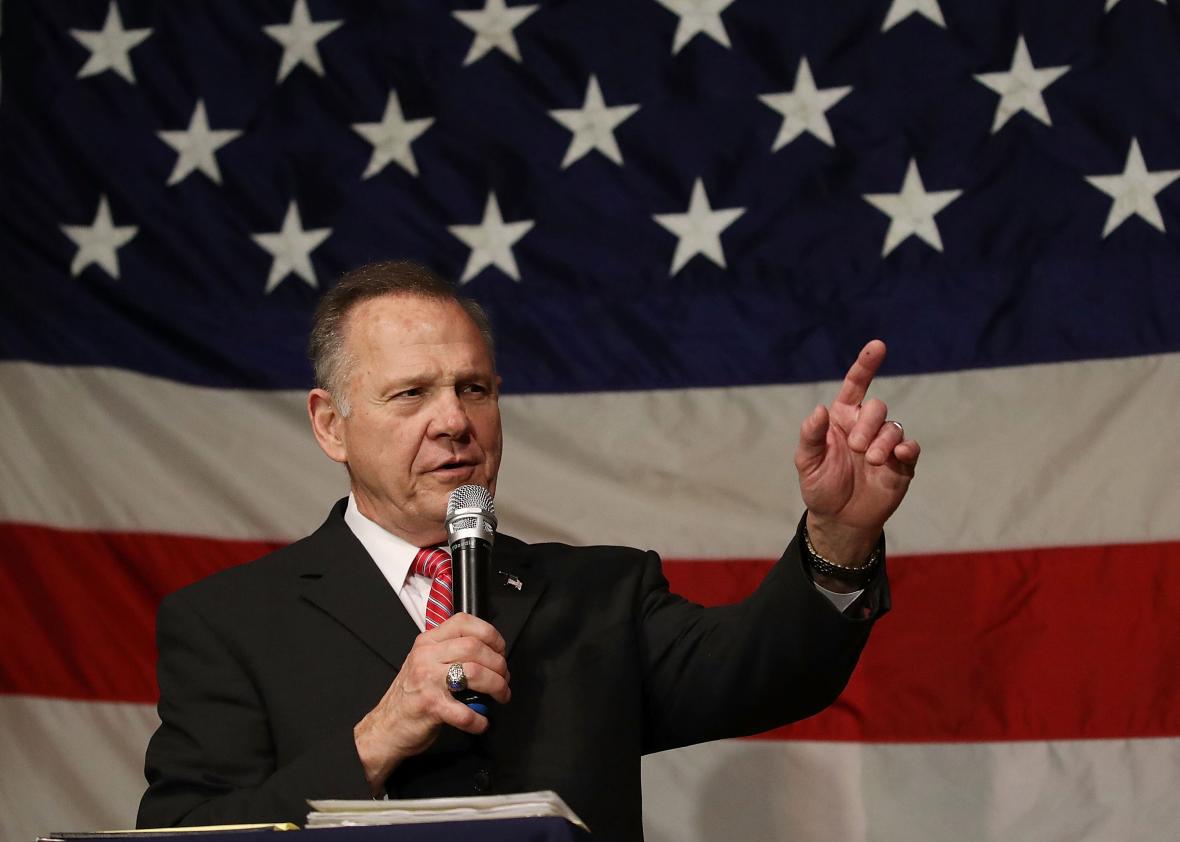Watching the religious community from your childhood make a bonfire of its moral authority is a sight to see.
In my case, the community in question was made up of evangelical Christians. I was raised in a deeply conservative church smack in the middle of Missouri. All through the 1980s, I was as active a member as you were likely to find. If the doors were open, chances are good I was there with my family. I attended the vacation Bible school, Christian youth conferences, and I was Camper of the Week at church camp two years running. I memorized all the Bible verses, learned all the hymns, and was a shepherd one year in the live Nativity scene out front.
I was also gay—though I wouldn’t have an understanding of why I felt different from the other boys until I hit puberty. The realization struck me with horrible, nauseating weight.
There was no clearer social message that I absorbed during my time in that church than its opinion of gays, with the exception of its unwavering opposition to abortion. The hatred of gays had its own special heat. Gays were out to deliberately spread disease, I was taught. (This lie still has purchase in the minds of certain famous Christian leaders, lest you think it an unfortunate historical vestige.) Gays belonged on a desert island. Gays were “faggots,” a term I heard used for us in front of a cheering, laughing crowd of evangelical teenagers.
All of those messages I heard at church events, over and over. Eventually, frightened of his possible response but frightened even more for my soul, I confessed my emerging feelings to my youth minister. He was gentle but unambiguous in his reply that this was something I’d need to turn over to God to change. (In the same conversation, he also told me I needed to “stop swishing.”)
When, for the sake of own happiness or mental health, I finally stopped praying to change and accepted that I was a gay man, it meant finding a different religious community. But I could still look back at those people who taught me the Bible verses and brought cakes for the potlucks and believe in the sincerity of their faith. I could recall moments of kindness or good cheer and ascribe them to a commitment to their own genuine spirituality, even if I’d come to understand it as braided tightly with a poisonous bigotry.
Not any longer. I cannot look at their faith as the basis for their beliefs. I see it now as mere window dressing.
Why? Because in service to opposing full equality for LGBTQ people, many evangelicals are casting their lot with a man who, in his 30s, allegedly preyed on teenage girls. Conformity to their particular demands for sexual morality is something they expect of me, but they’ll waive it for Roy Moore.
In an article for the Atlantic, McKay Coppins lays out how Evangelical Christians are more tolerant of personal moral failings in politicians they support than the average voter, not less. The ascent of Donald Trump, the personification of every single deadly sin, to the highest office in the land made that plain. (Hearing candidate Trump refer to the book of “Two Corinthians” at Liberty University brought a bitter smile to my lips. I could name the books of the Bible in order by the time I was six.) Trump’s capacity for deceit is so limitless that it beggars the need for citation. His venality is a source of personal pride, and his jocular response to being described as a sexual predator is a matter of public record.
Evangelical voters still supported Trump overwhelmingly. That Moore remains a strong contender to win a Senate seat confirms their indifference toward the sexual immorality of political allies.
Evangelical leader Franklin Graham condemns as hypocrites those who criticize Moore. (To brother Franklin, I would commend him to attend to his own plank.) An official in Alabama has had the astonishing gall to compare Moore’s predations to the parents of Jesus. An associate professor of philosophy at Ouachita Baptist University has taken to the pages of the Federalist to supply the rationale voters in Alabama can mutter to themselves as they pull the lever for Moore, even accepting the likelihood that the accusations against him are true. (To their credit, there are voices within the Evangelical community who have risen against Moore, and their efforts deserve acknowledgement.)
But when a county clerk in Kentucky abuses her authority and refuses people like me the marriage license they are due, she is feted as a hero. Why? Because hatred of people like me is the point. It is hatred of people like me that Moore continues to leverage in this pursuit of a Senate seat.
With this, the evangelical community relinquishes all claim to moral leadership. By supporting a man who targeted girls less than half his age for sex, they render absurd all arguments that they have standing to comment on the sexual ethics of anyone. They expose as hollow the beams supporting the edifice of my religious upbringing, and forever rip away the gauze around the real reason they told me gays were perverted and evil. Whatever the reason they have for hating LGBTQ people, they have blasted to smithereens any pretense that it’s because they care about personal sexual probity.
Of course, I cannot go back to the late ’80s and tell sad, scared teenage me not to worry—the people making him hate himself don’t know what they’re talking about. That boy had to do the hard work of getting out from under all that guilt, shame, and pain on his own. But the grown-up I’ve become can look at the same people who made me feel that way, and watch as they reveal who they really are. And I can refuse to listen to another word they will ever say again.
